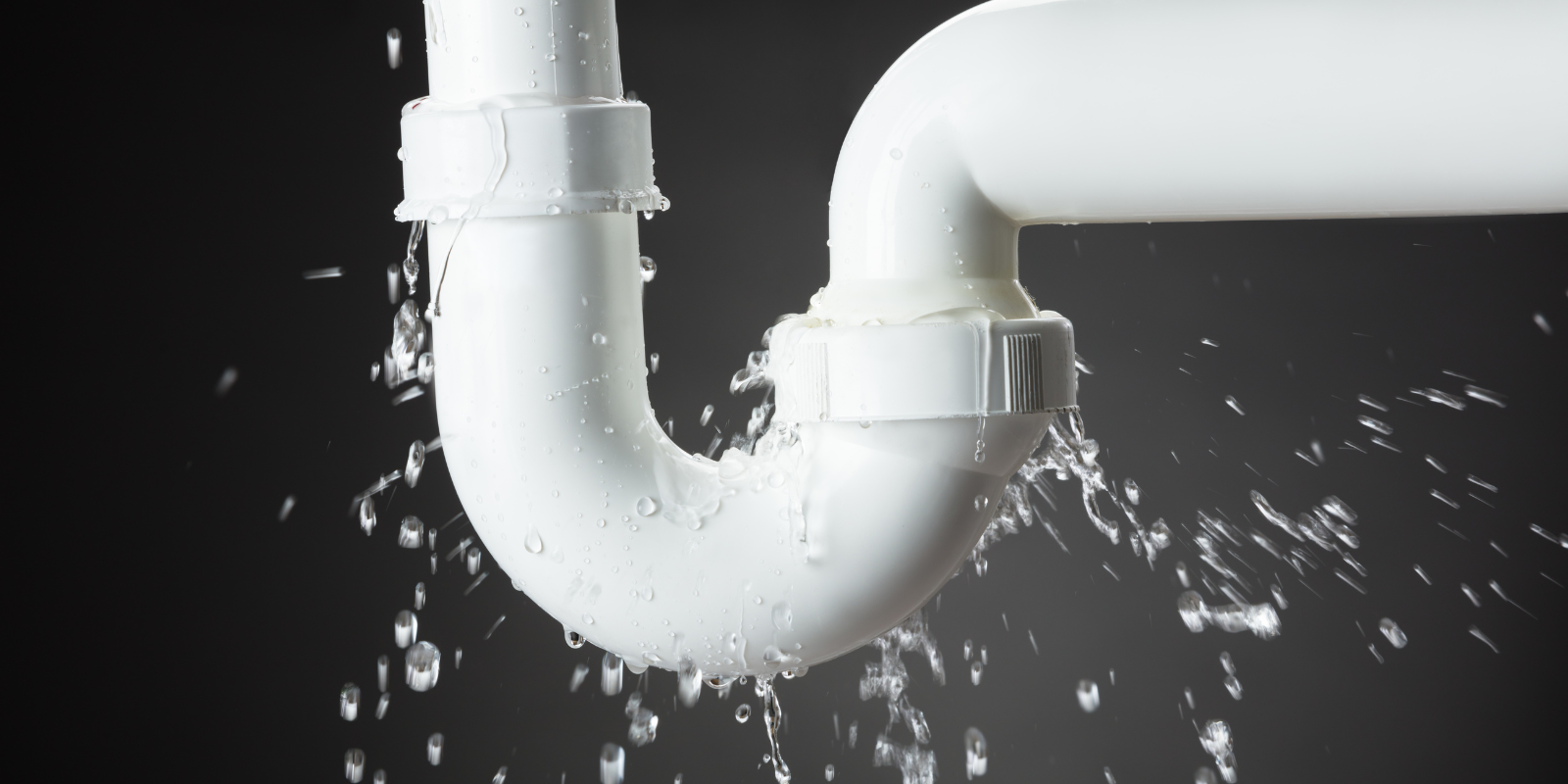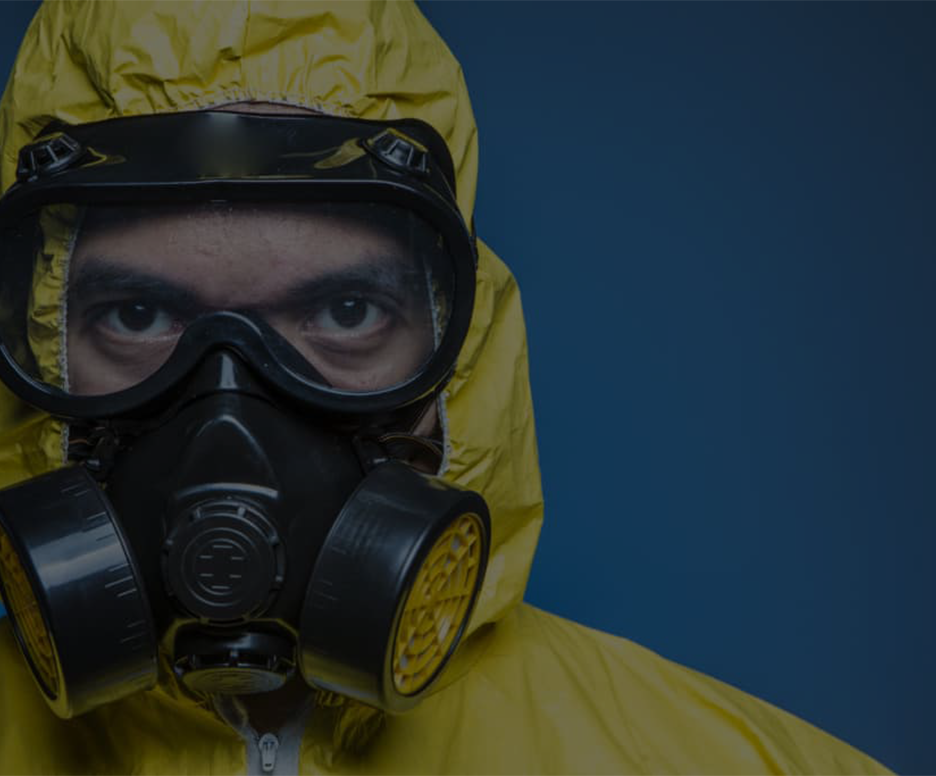
What To Do When A Pipe Bursts In Your Building? Our Experts Have Answers
By: 911 Water Damage Experts
A burst pipe in your building can be a chaotic and stressful situation, demanding immediate attention and strategic action.
In this article, we will delve into the top 10 causes of burst pipes, explore the dangers associated with such incidents, and provide answers to the most frequently asked questions (FAQs) to empower you with the knowledge needed to tackle this plumbing emergency.
Let’s get right into it.
Top Causes Of Burst Pipes
Freezing Temperatures: Subfreezing temperatures can cause water within pipes to freeze and expand, exerting immense pressure on the pipe walls. This pressure can lead to cracks and ultimately result in a burst pipe.
Corrosion: Over time, pipes may corrode due to chemical reactions between the metal and water. Corrosion weakens the pipe structure, making it more susceptible to ruptures.
Water Pressure Fluctuations: Excessive water pressure can strain pipes beyond their capacity, leading to bursts. Sudden changes in water pressure, often caused by issues within the municipal water supply, can contribute to this problem.
Age of Pipes: Aging pipes are more prone to deterioration and eventual failure. As pipes get older, the likelihood of cracks and leaks increases, making them susceptible to bursting.
Tree Root Infiltration: Tree roots seeking water sources can infiltrate underground pipes, causing blockages and exerting pressure that may result in burst pipes.
Poor Installation: Improperly installed pipes or the use of subpar materials during installation can compromise the integrity of the plumbing system, making it more susceptible to leaks and bursts.
Physical Damage: Accidental damage to pipes during construction or renovation work can lead to immediate or delayed pipe bursts. This may include impacts, vibrations, or structural shifts affecting the plumbing.
Clogs and Blockages: Accumulation of debris, grease, or mineral deposits within pipes can lead to clogs. The increased pressure caused by blockages can result in burst pipes.
High Water Temperature: Extremely hot water can weaken pipes over time, making them more prone to bursting. This is especially common in hot water supply lines.
Chemical Corrosion: Exposure to certain chemicals, either through the water supply or the materials used in plumbing, can accelerate corrosion and increase the risk of pipe bursts.
Top 10 Dangers of Burst Pipes
Property Damage: Perhaps the most immediate concern is the potential for extensive damage to your property. Burst pipes can flood rooms, ruin furniture, and damage valuable possessions.
Mold Growth: The water from burst pipes provides an ideal environment for mold growth. Mold can spread quickly, posing health risks and requiring costly remediation efforts.
Structural Damage: Persistent water exposure can compromise the structural integrity of your building. This can lead to long-term damage that is both expensive and challenging to repair.
Electrical Hazards: If water comes into contact with electrical systems or appliances, it poses a significant risk of electrical shock. In worst-case scenarios, it can even lead to fires.
Health Risks: Contaminated water from burst pipes can carry harmful bacteria and pathogens, posing health risks to occupants. Immediate cleanup and disinfection are essential to mitigate these dangers.
Increased Water Bills: Unnoticed burst pipes can result in a significant increase in water bills. Detecting and addressing the issue promptly can prevent unnecessary financial strain.
Disruption of Daily Life: A burst pipe can disrupt your daily routine, leading to inconvenience and stress. Depending on the severity, it may necessitate temporary relocation during repairs.
Compromised Water Quality: Contaminants from the surroundings can enter the water supply through burst pipes, compromising water quality. Regular testing and filtration may be required to ensure safe water consumption.
Loss of Possessions: Valuables and sentimental items may be irreparably damaged by water from burst pipes. Quick action is crucial to salvage as much as possible.
Insurance Complications: Failure to address burst pipes promptly may complicate insurance claims. Timely action and documentation are essential for a smoother claims process.
FAQs About Burst Pipes
What should I do if a pipe bursts in my building? A: Turn off the water supply immediately, locate the burst pipe, and contact a plumber for repairs. In the meantime, remove valuables and initiate cleanup to prevent further damage.
How can I prevent pipes from bursting in freezing temperatures? A: Insulate exposed pipes, keep indoor temperatures consistent, and allow faucets to drip during freezing conditions to prevent water from freezing within the pipes.
Can I repair a burst pipe myself? A: Temporary fixes like using pipe clamps or pipe repair kits can be employed, but it’s advisable to seek professional assistance for a permanent and thorough solution.
Will my insurance cover the damage caused by a burst pipe? A: Typically, homeowners’ insurance covers water damage resulting from burst pipes. However, coverage may vary, so it’s essential to review your policy and contact your insurance provider.
How can I detect a hidden burst pipe? A: Look for signs such as water stains, damp walls or ceilings, unexplained increases in water bills, and the sound of running water when no fixtures are in use.
What should I do if I can’t locate the burst pipe? A: Contact a professional plumber to perform a thorough inspection. They have the expertise and tools to identify hidden pipe bursts.
Can burst pipes cause long-term structural damage? A: Yes, if left unaddressed, burst pipes can lead to structural damage. Prompt repairs are crucial to prevent long-term consequences.
Are there ways to prevent burst pipes during vacations? A: Turn off the main water supply before leaving, and consider draining the plumbing system to prevent potential issues during extended absences.
How can I minimize water damage while waiting for repairs? A: Quickly remove standing water, use dehumidifiers to reduce moisture, and ventilate the affected area. This can help minimize damage while awaiting professional repairs.
Can burst pipes be a recurring issue? A: With proper maintenance, insulation, and prompt repairs, the risk of recurring burst pipes can be significantly reduced. Regular inspections are key to identifying and addressing potential issues.
Conclusion
A burst pipe is a crisis that demands immediate attention, and understanding its causes, potential dangers, and how to address it is crucial for homeowners. By being aware of the top causes, associated risks, and having answers to common questions, you can navigate this plumbing emergency with greater confidence and effectiveness. Swift action, along with professional assistance when needed, is the key to minimizing damage and ensuring the safety and well-being of your building and its occupants.
If you have any questions about our article, “What To Do When A Pipe Bursts In Your Building? Our Experts Have Answers” or need water damage restoration services feel free to call us at 1-833-WE-DRY-IT any time 24/7/365 or chat with us on LiveChat or social media.
Related Posts
Fire Damage Restoration Articles
The Dos And Don’ts Of Commercial Fire Damage
Forest Fire House Damage: What To Do After Your House Is Damaged By A Forest Fire And Who to Call?
Fire prevention tips for the summer
How to clean up after a house fire
Fire damage restoration checklist
Fire damage tips: 6 hazards property owners miss
How smoke from fires can negatively affect your health
What are the most common causes of house fires?
10 helpful smoke damage cleaning tips
Mould Removal Restoration Articles
Is Bathroom Mould Dangerous? Powerful Mould Prevention Tips Inside
Dangers Of Bathroom Mould And Tips On How To Clean And Prevent It
Got Bathroom Mould? Here Are Some Must-Know Bathroom Mould Cleaning Tips
5 Signs You Have Mould Growing In Your Walls
“Can I Remove Mould Myself?” Our Mould Removal Experts Have Answers
7 Must-Know Reasons Why You Should Get A Mould Inspection Before Buying A House
Does Mould Attract Bugs? Yes And Here’s What Kind And Why
How To Remove Mould From The Attic [Mould Prevention Tips Inside]
How Rain Causes Mould Growth-Prevention Tips Included
Must-Know Tips: How To Remove Mould In Your Basement
Water Damage Restoration Articles
How to prevent home storm damage
What you can expect from a fire damage restoration company
Water damage prevention tips from the most common problems we’ve seen
Top causes of water damage in commercial buildings and how to find them
Must-know water damage tips: What to do after your house floods
What does good water damage restoration look like?
DIY water damage restoration and the hidden dangers
How to choose the right water damage company
Flast floods: What to do before, during and after a flash flood
What to do when your attic leaks?
This is why water damage is a silent home killer
Related Water Damage Services
Fire damage restoration services
Water damage restoration services
Emergency cleanup services
Mould removal services
Weather damage services

